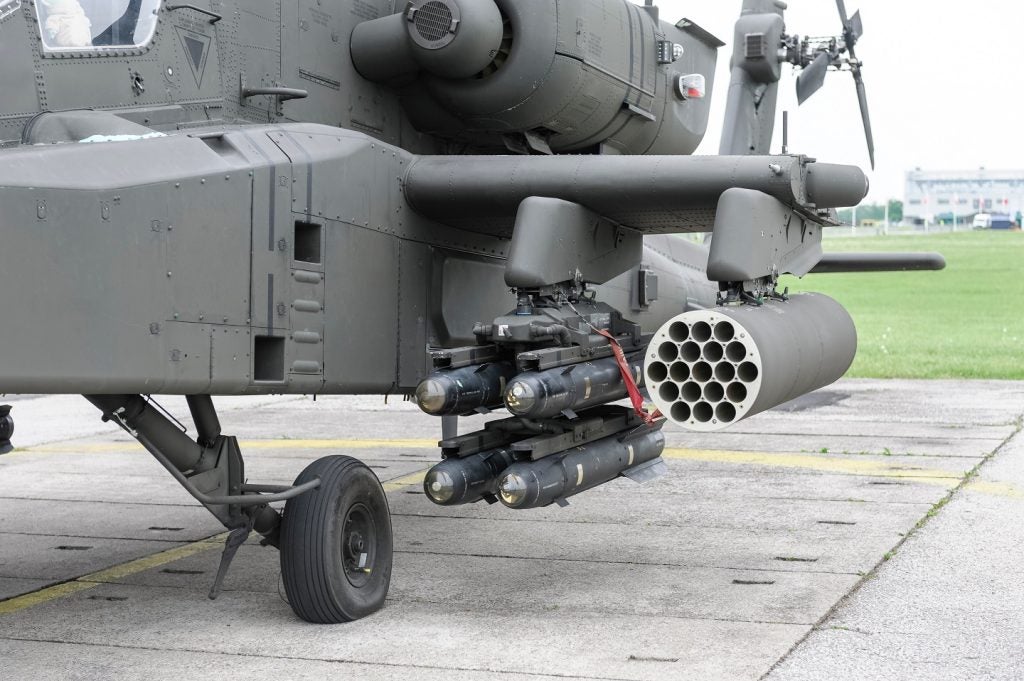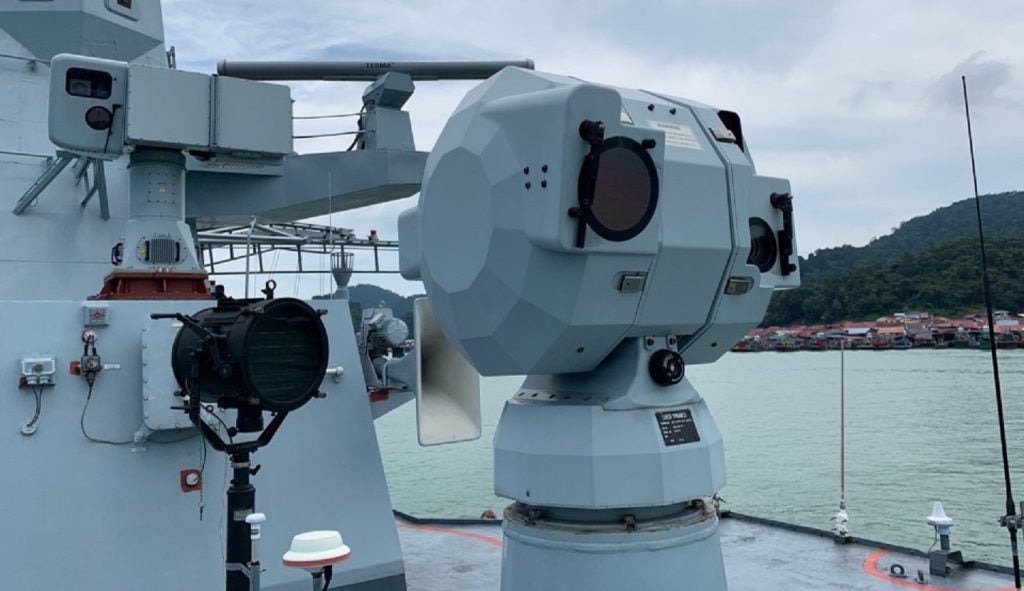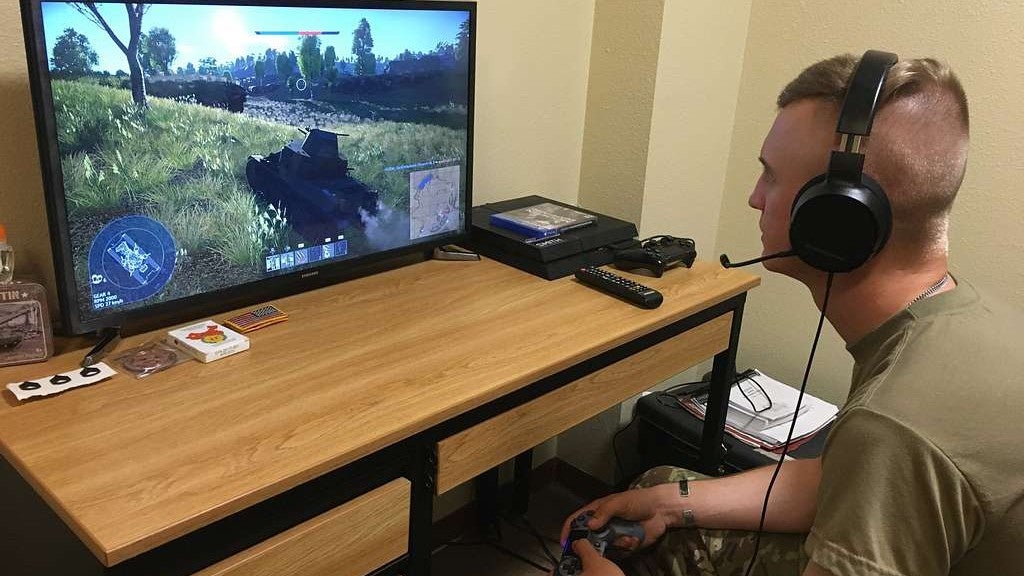
The US fighter jets, F-22 and F-15, under the North American Aerospace Defense Command (NORAD) intercepted four long-range Russian Tu-95 Bear H bombers near Alaska, Northern California on 9 May.
Two of the four Russian bombers flew within 50 miles of the northern California coast, but did not enter the US airspace.
NORAD spokesman navy captain Jeff Davis told the Washington Free Beacon that the latest Bear H incursions began when radar detected the four turbo-prop powered bombers approaching the US air defence zone near the far western Aleutian Islands.
While two bombers headed west towards the Russian base in Far East, the remaining two flew southeast and entered the outer Air Defence Identification Zone (ADIZ) near Alaska, off the coast of Northern California.
A defence official said that the four bombers were supported by two IL-78 aerial refuelling tankers that were used for mid-air refuelling during the practice bombing operations near Alaska.
Davis said the aircraft acted professionally and the bombers appeared to be conducting a training mission.
How well do you really know your competitors?
Access the most comprehensive Company Profiles on the market, powered by GlobalData. Save hours of research. Gain competitive edge.

Thank you!
Your download email will arrive shortly
Not ready to buy yet? Download a free sample
We are confident about the unique quality of our Company Profiles. However, we want you to make the most beneficial decision for your business, so we offer a free sample that you can download by submitting the below form
By GlobalData"They typically do long range aviation training in the summer and it is not unusual for them to be more active during this time. We assess this was part of training. And they did not enter territorial airspace," Davis said.
The latest incident came a month after a Russian Su-27 interceptor jet flew close to a US RC-135 aircraft that was flying over the Sea of Okhotsk near Japan.
Davis said that in the past ten years around 50 Bear H bombers have been intercepted near the US air defence zone, but termed the latest flight near California as unusual.
Image: A Tu-95MS in flight over Russia. Photo: courtesy of Sergey Krivchikov – Russian AviaPhoto Team.








